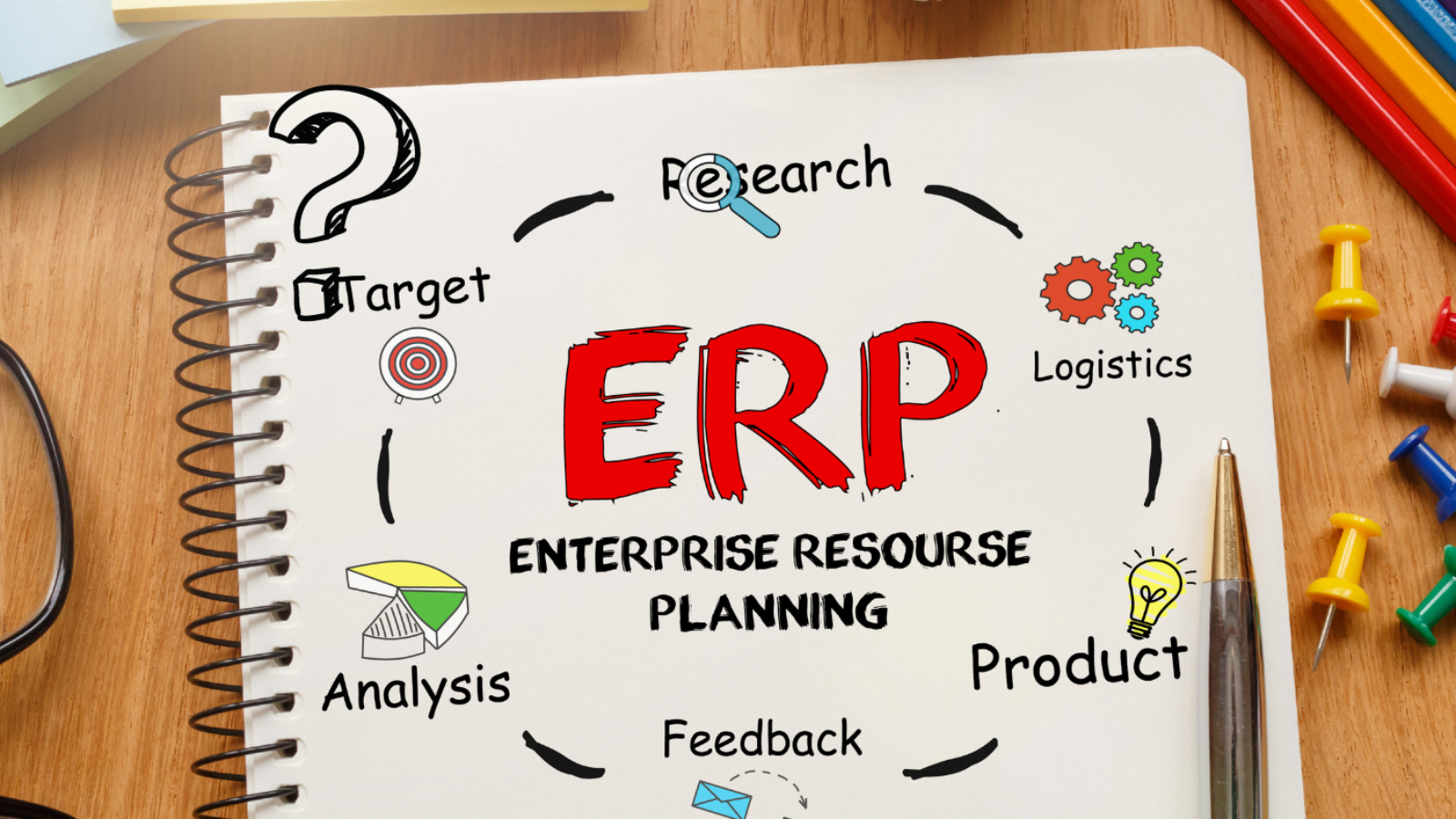Choosing ERP Software? Get answers to these 10 questions.
An ERP implementation is never an easy undertaking, there is plenty of ERP project that can go wrong: change management, lack of training, and lack of clear business goals. But selecting the right ERP software shouldn’t be one of them. Get detailed answers to these 10 questions.
1. Does the vendor have customers like me?
Is this software right for companies your size, in your industry, and with your type of business processes? Check the customers they list, ask for a reference, and understand just how well things worked or didn’t, both during implementation and several years in.
2. How well does the platform integrate?
The ERP System is the central nervous system for a company’s financials. It had better be able to talk with other functions Marketing, Engineering, Planning, production, Quality, sales, A/C, and HR -they need to connect to suppliers, customers, etc. Some ERP systems offer a full suite, running ERP, CRM, and e-commerce. Beware, however, that some of those applications are pieced together through acquisitions and offer no greater advantage than well-integrated best-of-breed solutions. Running a full suite off of a single data model can make a world of difference. If you go with a best-of-breed approach or some combination of a suite integrated with others, be sure the ERP system has a robust set of APIs and connectors, built on modern services-oriented architecture.
3. What’s the vendor’s viability and roadmap?
If you’re going to invest the time and resources in a new ERP system, you’d better know where the vendor you’re buying it from has been and where it’s going. The market for ERP software is relatively mature but newcomers continue to enter. Better be sure they’re viable. Once you’re satisfied with their viability take a close look at where they’re going. Are they moving upmarket? Down market? Are the features and functionality they’re planning to invest in what you want?
4. How customizable is the software?
One common refrain in ERP implementation advice literature is to avoid customizations as much as possible. Indeed, breadth of functionality is an important factor in selecting ERP software. Yet, many businesses can’t help themselves or truly do have specific needs that no vendor is going to satisfy with their off-the-shelf software. That means it had better be easy to customize and configure or else you’ll be spending a lot of extra time and money. Speaking of extras…
5. Are there hidden costs?
You pay more for ERP than just the license costs. It’s important to know where those extra expenses will come in ahead of time. Check annual license cost, the cost for additional users, AMC cost, etc.
6. How frequently (and how easily) is the system upgraded?
You want your ERP to keep pace with the rapidly evolving demands of modern business. That means regular updates, new features, and a commitment to development. Yet, you don’t want massive, disruptive upgrades that grind your business to a halt, chew up resources, and demand retraining users. Find a vendor with the right balance for your business.
7. What are the SLA commitments and transparency?
ERP is vital to the business and downtime can cost a company a lot more than what you might get reimbursed in subscription charges for unused time. Does the vendor have a history of reliability? Do they document it? What does the service level agreement look like? Is it negotiable? Is there flexibility with the licenses if you have seasonal periods of growth? What happens with your data if you move off of the software? Are there guarantees for data portability? These are some of the most important questions if you go with cloud ERP.
8.Is it truly cloud or just cloud washing?
In the rush to the cloud, many vendors will claim to provide a cloud solution, when in reality it’s just their old on-premise software slapped on a hosted platform. If you want cloud ERP, you want a solution architected for the cloud. That means multi-tenancy, giving you the economies of scale and regular, seamless upgrades that cloud computing can provide.
9. How good is the security?
A long history of reliability and security has answered many of the concerns about keeping your financial data in the cloud. The vague, broad refrain, “I won’t store my financial data in the cloud” should give way to specific questions to your provider. More likely than not, their security precautions are going to be more robust than your own, but it’s an area you need to check. What audits have they passed? Do they own the data center or outsource it? What about application-level security? PCI compliance?
10. Does One Size Fit All For ERP?
Can a single ERP system handle everything from General Motors to a retail establishment? “no.” Although ERP vendors like to boast of their scalability. The consequences of picking the wrong size system range from expensive to fatal. Getting a too-big system means that you’ll spend more time and money installing it. (Since size usually correlates with work needed to get the system up and running.) A too-small system will be slow and prone to crashes as it struggles to keep up with demand.
The more you know, the better prepared you’ll be for implementation and you’ll be able to hit the ground running.
Do Not allow your ignorance to be exploited by Technology Providers
